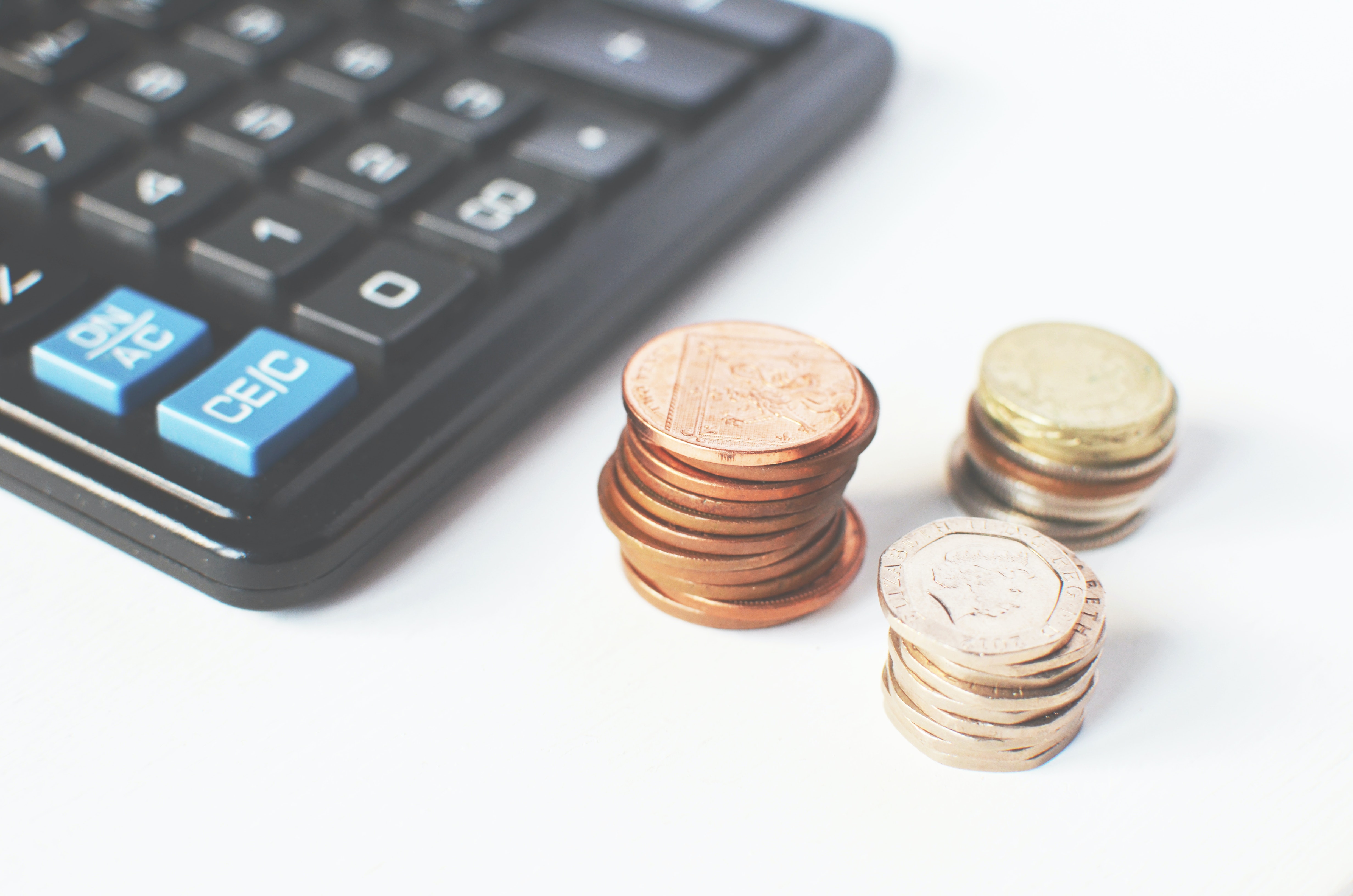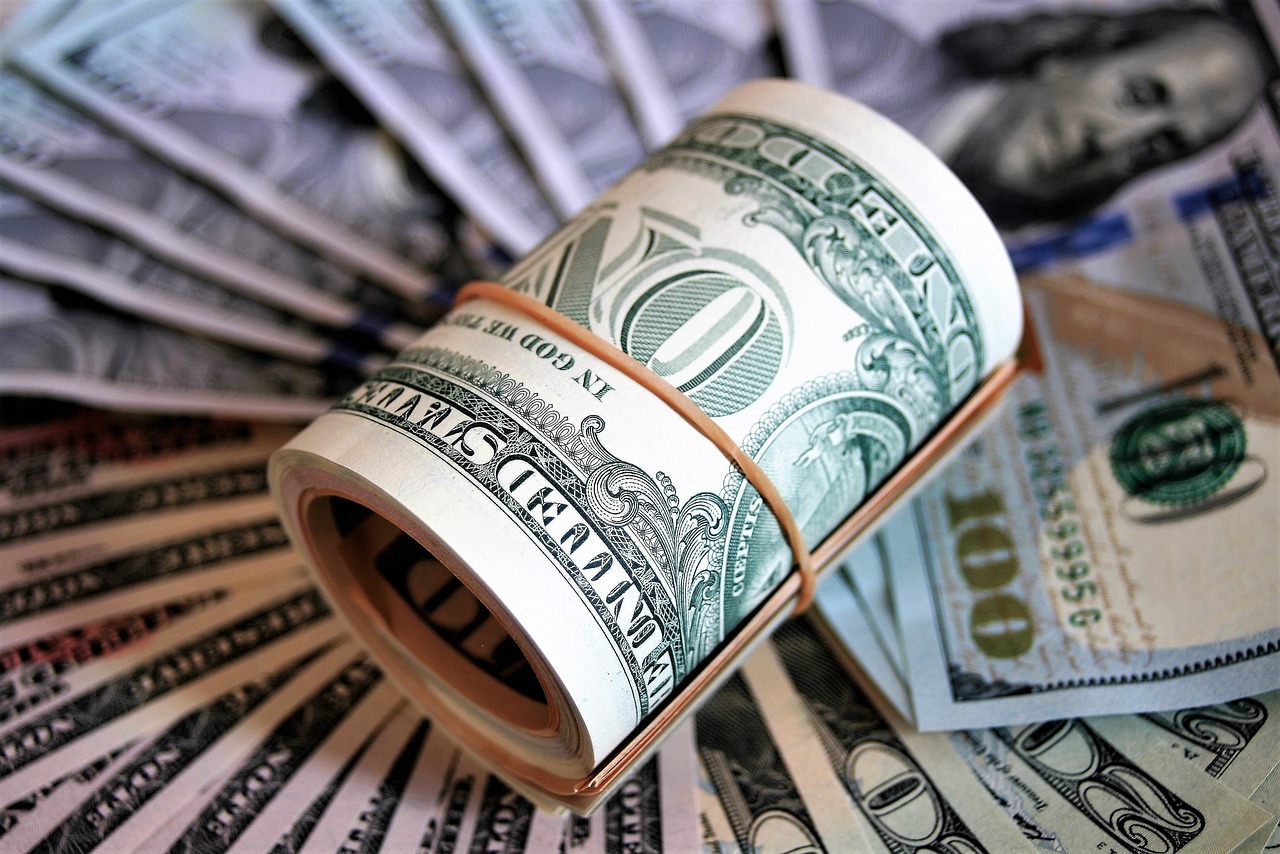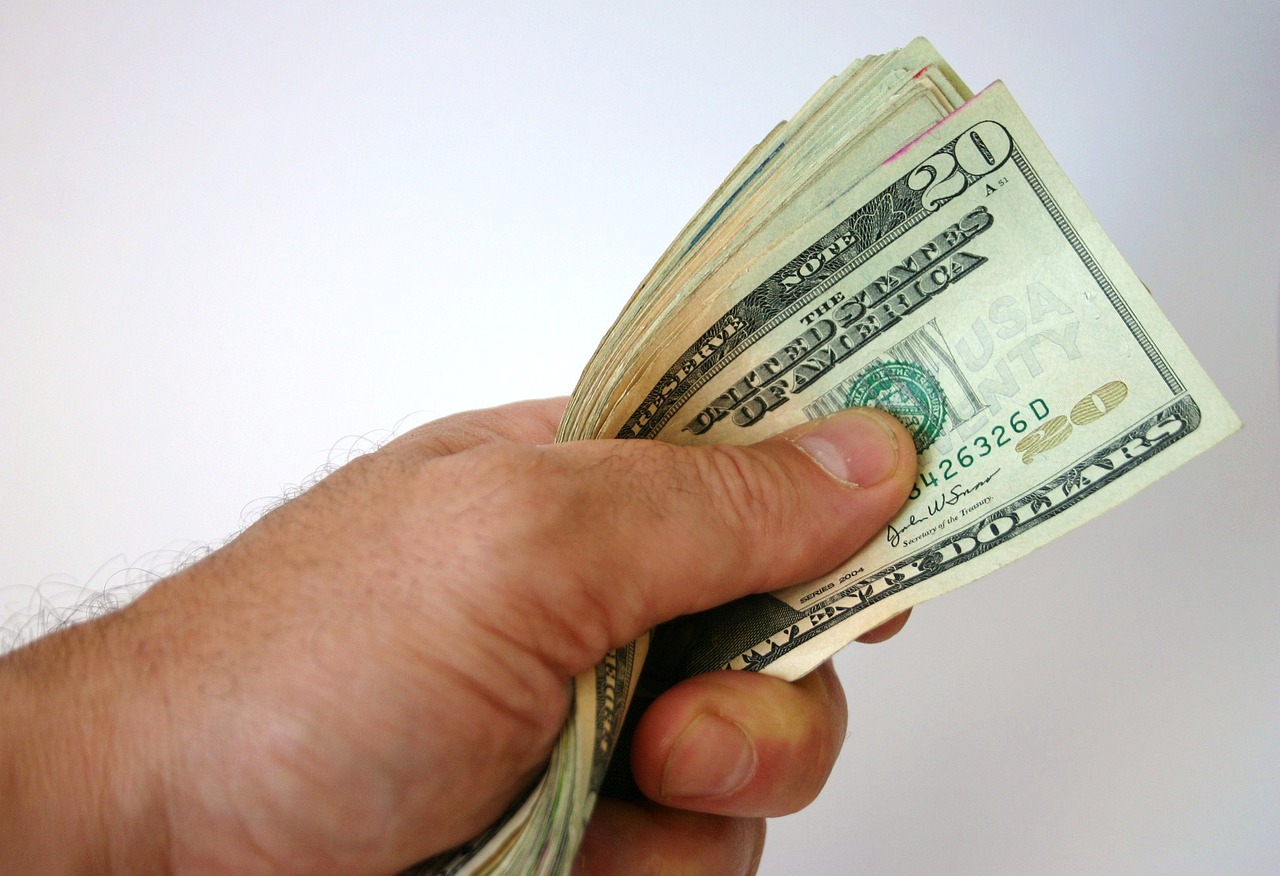How Thai Banks Set USD to Baht Rates: Factors Behind Fluctuations
GPT_Global - 2025-11-01 12:00:40.0 13
How do Thai banks determine the exchange rate for 1 USD to Baht?
When sending money to Thailand, understanding how Thai banks determine the exchange rate for 1 USD to Baht is crucial for getting the best remittance value. Thai banks use a combination of global market rates, demand and supply for foreign currencies, and economic indicators such as inflation and interest rates to set their daily exchange rates. These rates can fluctuate throughout the day depending on global financial movements and central bank policies.
Major Thai banks like Bangkok Bank, Kasikornbank, and Siam Commercial Bank adjust their USD to Baht exchange rates based on the interbank market and the official reference rates set by the Bank of Thailand. This ensures that their rates reflect current market conditions, though each bank may include a small margin for transaction costs and profit.
For remittance customers, comparing real-time exchange rates across different banks and money transfer providers can make a significant difference in how much Baht is received. Choosing a trusted remittance service that offers competitive rates and low transfer fees ensures your loved ones in Thailand get the most value from every USD you send.

What are the best times to exchange 1 USD to Baht for a better rate?
When it comes to exchanging USD to Thai Baht (THB) for the best rates, timing is key. Currency exchange rates fluctuate due to a variety of factors such as economic data, market sentiment, and global events. For remittance businesses looking to provide the best exchange rate to their customers, understanding these fluctuations is essential.
Generally, weekdays offer more favorable rates compared to weekends, as the forex market is open for trading Monday through Friday. It is also recommended to avoid exchanging during periods of high volatility, such as after major economic reports or geopolitical events. Typically, the best time to exchange USD to Baht is in the early morning hours (before 10 AM EST), when the market is quieter and less affected by global trading influences.
Remittance businesses can also monitor long-term trends. Historically, the exchange rate tends to be more stable during certain months, especially when tourism and foreign investment are at their peak in Thailand. By staying informed and analyzing trends, businesses can help their customers lock in the best rates when transferring funds.
Does 1 USD in Baht differ between popular tourist areas and local markets in Thailand?
When sending money to Thailand, many wonder if the value of 1 USD differs between popular tourist areas and local markets. The truth is, exchange rates in Thailand can vary significantly depending on where you exchange your money.
In tourist areas such as Bangkok, Phuket, or Chiang Mai, exchange rates are often less favorable. Currency exchange booths targeting tourists typically offer rates that are not as competitive as those in local markets. This is because the rates are adjusted for the convenience and profit margin of businesses that cater to tourists.
On the other hand, local markets, especially in less touristy areas, tend to offer better exchange rates. Local money changers in markets or smaller neighborhoods might provide more competitive rates due to lower overhead costs and the nature of their clientele.
For individuals sending money through remittance services to family or friends in Thailand, it’s crucial to research exchange rates and fees before transferring funds. Using remittance services that offer competitive rates can ensure your recipients get the best value for their money, regardless of where they live in Thailand.
How often does the exchange rate between USD and Baht fluctuate?
The exchange rate between the US Dollar (USD) and the Thai Baht (THB) is known for fluctuating frequently, which can impact remittance businesses. These fluctuations are influenced by various factors such as global economic trends, political events, and market demand. Currency pairs like USD/THB are sensitive to shifts in these conditions, meaning the rate can change several times a day.
For remittance services, the frequency and volatility of the exchange rate are crucial considerations. A small change in the USD to Baht conversion can affect the amount sent or received. When sending money to Thailand, it’s important to monitor these fluctuations regularly to ensure that clients get the best possible exchange rate.
Remittance businesses often track these shifts using advanced forecasting tools and hedging strategies to minimize the impact of rate changes on their services. Offering transparent, competitive exchange rates can help customers make informed decisions, thus enhancing satisfaction and loyalty.
In conclusion, the USD/THB exchange rate fluctuates frequently, and understanding this variability can help both remittance businesses and their clients optimize the transfer process. Staying informed and proactive can lead to more cost-effective and successful transactions.
What is the highest value of 1 USD in Baht in the last decade?
``` " Use the topic \"20. What is the highest value of 1 USD in Baht in the last decade?\" to create a SEO article for remittance business, the article's length should at least 120 words, and must less than 200 words.And label each paragraph with a tag" ```For remittance services, timing matters—and so does knowing the right rate. In recent years, the exchange rate of 1 USD to the Thai baht (THB) peaked around **34.89 THB** in April 2025, marking one of the highest values in the last decade for USD relative to THB. turn0search11
Why is this important for money transfers to Thailand? A.exchange-rates.org/exchange-rate-history/usd-thb?utm_source=chatgpt.com)** · *Exchange Rates* > The highest US Dollar to Thai Baht rate was on April 8, 2025 when 1 USD was worth 34.890 THB. What was the lowest US Dollar to Thai Baht exchange rates in the ...
Why is this important for money transfers to Thailand? A stronger USD means more baht for each dollar sent, translating directly into better value for the recipient. When the rate nears its recent peak, clients benefit by maximising the THB they receive. It’s an opportune moment for businesses and individuals alike.
However, currency markets are volatile. While 34.89 THB has been a high-point in this cycle, average rates have been nearer to the low 30s per USD. citeturn0search11turn0search13 As a remittance business, you can help clients by tracking these peaks, advising when the USD is strong, and enabling transfers when the rate is most favourable.
In summary: for customers sending money to7/08/2025. Highest: 34.899 THB on 08 Apr 2025. Average: 33.057 THB over this period. Lowest ... As a remittance business, you can help clients by tracking these peaks, advising when the USD is strong, and enabling transfers when the rate is most favourable.
In summary: for customers sending money to Thailand, highlight that the best historic recent rate hovered near 34.89 THB per USD. Encourage them to act when the USD strengthens and monitor daily rate movements—because every fraction of a baht adds up in the remittance equation.
Why is the value of 1 USD in Baht so volatile at times?
Understanding the volatility of the USD to Baht exchange rate is essential for businesses involved in remittance. The value of 1 USD in Baht can fluctuate due to various factors, impacting money transfers between countries.
One of the main reasons for this volatility is economic changes, such as shifts in inflation rates or interest rates. When the US Federal Reserve adjusts interest rates, it can have a ripple effect on currency values worldwide, including the Baht. Similarly, if Thailand’s economy experiences instability or changes in fiscal policy, the Baht may weaken or strengthen, affecting its value against the USD.
Global events, like geopolitical tensions or natural disasters, can also influence exchange rates. Investors react to uncertainties by buying or selling currencies, causing fluctuations in the USD/THB rate. Additionally, remittance businesses need to consider market speculation, where traders predict the future direction of the Baht based on global trends.
In conclusion, understanding why the value of the USD in Baht is volatile is crucial for remittance businesses to optimize their operations, ensuring they provide timely and cost-effective transfers for their clients.
How does inflation in Thailand affect the conversion of 1 USD to Baht?
Inflation in Thailand plays a major role in determining the exchange rate between the U.S. Dollar (USD) and the Thai Baht (THB). When inflation in Thailand rises, the purchasing power of the Baht decreases, leading to a weaker currency. This means that 1 USD can be converted into more Baht, making it advantageous for people sending money to Thailand through remittance services.
Conversely, when Thailand experiences low inflation or strong economic growth, the Baht tends to appreciate. In such cases, 1 USD converts to fewer Baht, reducing the value received by recipients in Thailand. Therefore, understanding inflation trends helps remittance senders choose the right time to transfer funds and get better exchange rates.
For remittance businesses, monitoring Thailand’s inflation rate and currency movements is essential. Offering competitive USD to THB conversion rates, along with transparent fees and real-time exchange rate updates, helps customers maximize the value of their transfers. Staying informed about Thailand’s economic conditions allows both businesses and individuals to make smarter remittance decisions.
About Panda Remit
Panda Remit is committed to providing global users with more convenient, safe, reliable, and affordable online cross-border remittance services。
International remittance services from more than 30 countries/regions around the world are now available: including Japan, Hong Kong, Europe, the United States, Australia, and other markets, and are recognized and trusted by millions of users around the world.
Visit Panda Remit Official Website or Download PandaRemit App, to learn more about remittance info.



